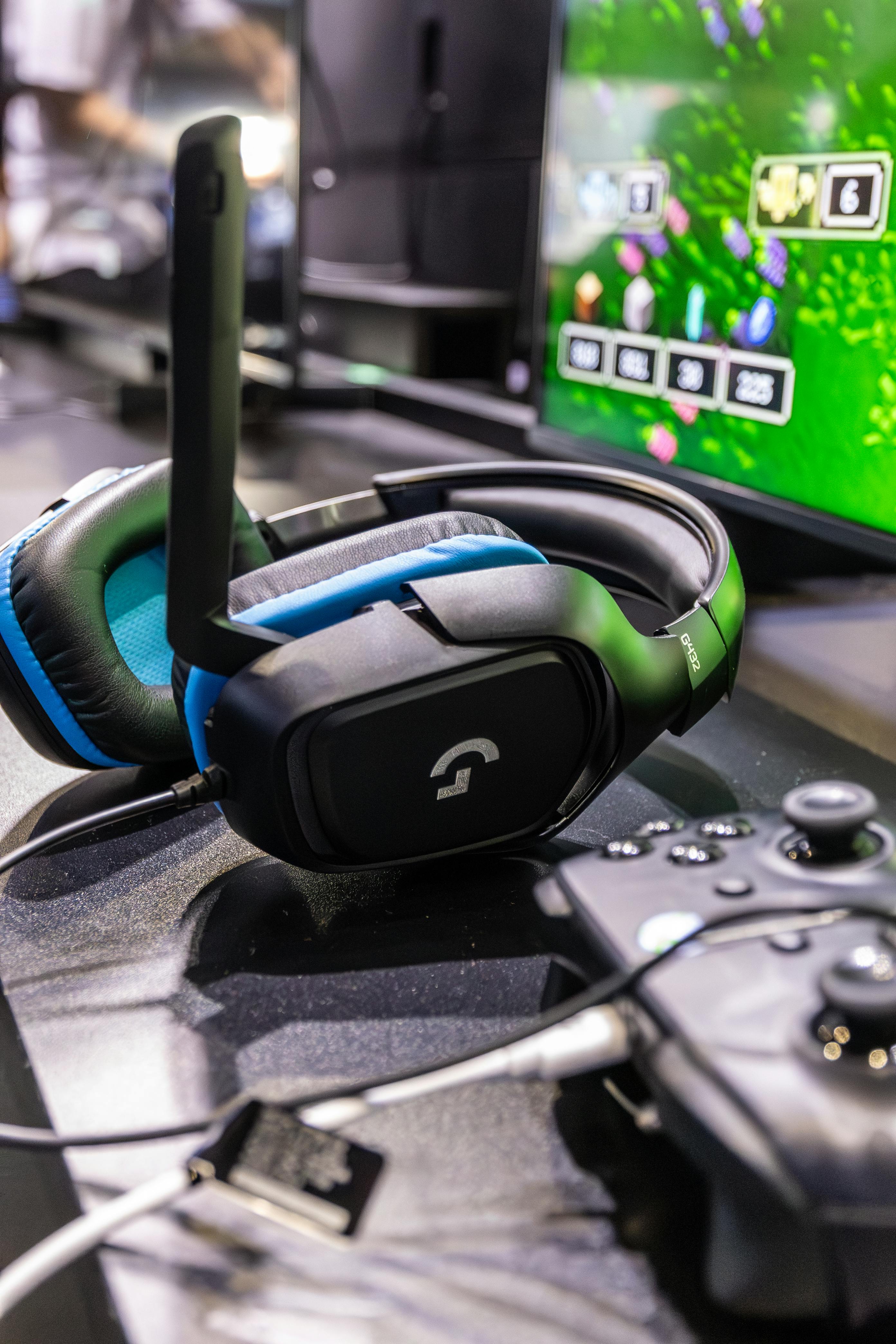In the midst of a divorce, one question that may be on your mind is whether your husband has the power to turn off your phone. This concern becomes even more pressing when considering recent technological advancements, such as sneaky spy apps like Sphnix that allow for remote installation and monitoring. Without your knowledge, someone could gain access to your phone and potentially turn it off. In this article, we will explore whether your husband has the authority to control your phone during a divorce and what steps you can take to protect your privacy and independence.
Can My Husband Turn Off My Phone During A Divorce?
Divorce can be a challenging and emotionally charged time for all parties involved. As couples navigate this difficult process, questions often arise about the extent of their legal rights and restrictions. One common concern that arises is whether a spouse has the ability to turn off their partner’s phone. In this comprehensive article, we will explore the legal implications, the impact of restraining orders, the role of communication in divorce proceedings, potential consequences of phone manipulation, seeking legal recourse and protection, obtaining support from cell phone service providers, technological solutions to protect your phone, emphasizing the importance of privacy and security, and overall recommendations and expert advice.

This image is property of images.pexels.com.
Understanding Ownership of the Phone
The first crucial consideration when it comes to the ability to turn off a spouse’s phone during a divorce is the ownership of the device. In many cases, each individual in a marriage possesses their own cell phone, which they have purchased and registered under their name. In such cases, each person has the right to control and manipulate their own phone. However, if the phone is jointly owned, the situation becomes more complex. Jointly owned phones require the consent of both parties before any changes can be made. It is advisable to consult a legal professional who specializes in family law to determine the ownership status of the phone in question.
Exploring Legal Rights and Restrictions
During a divorce, both spouses have certain legal rights and restrictions. It’s important to understand that turning off a spouse’s phone without their consent may have legal implications, especially if it interferes with their ability to communicate, access important information, or fulfill their responsibilities. Family courts prioritize the wellbeing and safety of all individuals involved, and intentionally interfering with a spouse’s phone usage may be seen as an act of harassment or a violation of their privacy rights. Familiarizing yourself with the specific laws and regulations in your jurisdiction is essential to understanding the legal implications of manipulating a spouse’s phone during a divorce.

This image is property of images.pexels.com.
The Impact of Restraining Orders
In some cases, divorces are accompanied by restraining orders. Restraining orders are legal documents that aim to protect individuals from any form of harm or harassment. If a restraining order is in place, it is crucial to follow its stipulations and any specific provisions related to phone usage. Violating a restraining order can have serious consequences and may result in legal repercussions. If you have concerns about the impact of a restraining order on your ability to use your phone during a divorce, consult with your attorney to ensure you fully understand the restrictions imposed by the court.
The Role of Communication in Divorce Proceedings
Effective communication is often crucial in navigating the complexities of divorce proceedings. Open and respectful communication can help facilitate discussions, negotiations, and the overall progression of the divorce process. Manipulating or turning off a spouse’s phone may hinder effective communication and in turn, prolong the divorce proceedings. It is generally advisable to keep communication channels open and to seek alternative solutions to address any concerns or disputes that may arise during the divorce.

This image is property of images.pexels.com.
Potential Consequences of Phone Manipulation
Manipulating a spouse’s phone during a divorce can have serious consequences. Apart from potential legal ramifications, it can also hamper trust, fuel animosity, and escalate the conflict between both parties. Such actions may be viewed unfavorably by family courts and can impact the outcomes of custody battles, asset division, and other aspects of the divorce settlement. It is crucial to approach the divorce process with empathy, respect, and consideration for the other person involved. Acting with integrity and fairness may not only improve the divorce experience but also pave the way for healthier post-divorce relationships.
Seeking Legal Recourse and Protection
If a spouse is manipulating or interfering with your phone during a divorce, it is essential to seek legal recourse and protection. Consulting with a qualified family law attorney is highly recommended as they can guide you through the legal process and provide the necessary support and advice. They will help you understand your rights, potential legal actions you can take, and the best course of action to address the phone manipulation issue. A competent attorney will work diligently to protect your interests and ensure a fair and just outcome in the divorce proceedings.
Obtaining Support from Cell Phone Service Providers
In situations where a spouse is attempting to manipulate your phone, it can be helpful to reach out to your cell phone service provider. Explain the circumstances and express your concerns about the actions of your spouse. Service providers may be able to offer support, such as blocking unwanted calls or providing information on privacy and security measures available to you. Keep a detailed record of any incidents or attempts to manipulate your phone to provide to your service provider as evidence if necessary.
Technological Solutions to Protect Your Phone
In addition to seeking legal assistance and support from your cell phone service provider, there are also technological solutions available to protect your phone during a divorce. Spy apps, such as the Sphinx spy app mentioned in the provided content, can be installed without the user’s knowledge. These apps allow you to monitor calls, text messages, and other activities on the phone remotely. However, it is essential to note that using such apps may have legal implications and should only be done with legal advice and consent.
Emphasizing the Importance of Privacy and Security
Privacy and security are fundamental rights that must be respected, especially during a divorce. Regardless of the circumstances, it is essential to prioritize the privacy of both parties involved. Spouses should refrain from attempting to control, manipulate, or invade each other’s privacy. By respecting each other’s boundaries and demonstrating empathy, individuals can contribute to a smoother and more amicable divorce process. It is important to remember that divorce is already a challenging time, and prioritizing privacy and security can help minimize additional stress and conflict.
Overall Recommendations and Expert Advice
In conclusion, turning off a spouse’s phone during a divorce can have legal and emotional consequences. It is crucial to understand ownership rights, respect restraining orders, prioritize open communication, and seek legal assistance when needed. Manipulating a spouse’s phone can negatively impact trust, escalate conflicts, and jeopardize the outcomes of divorce proceedings. Instead, it is advisable to focus on seeking amicable solutions, protecting your rights through proper legal channels, and prioritizing privacy and security. By working together and maintaining a friendly and respectful tone, divorcing couples can navigate this challenging period with greater ease and possibly even lay the groundwork for healthier post-divorce relationships.

